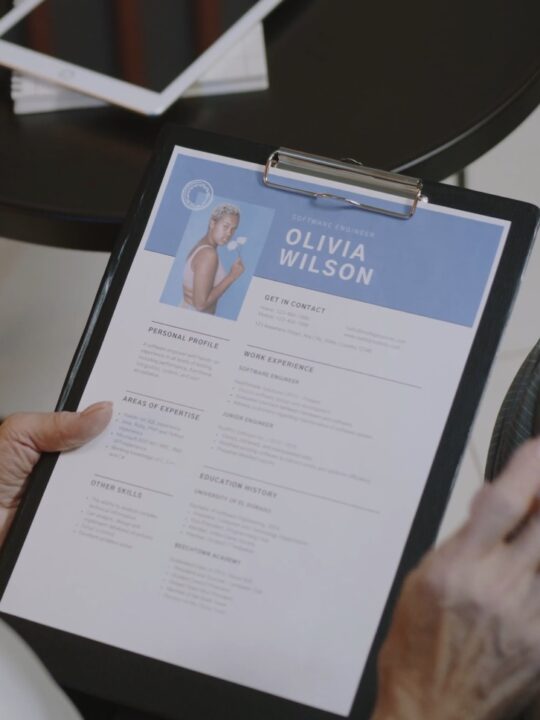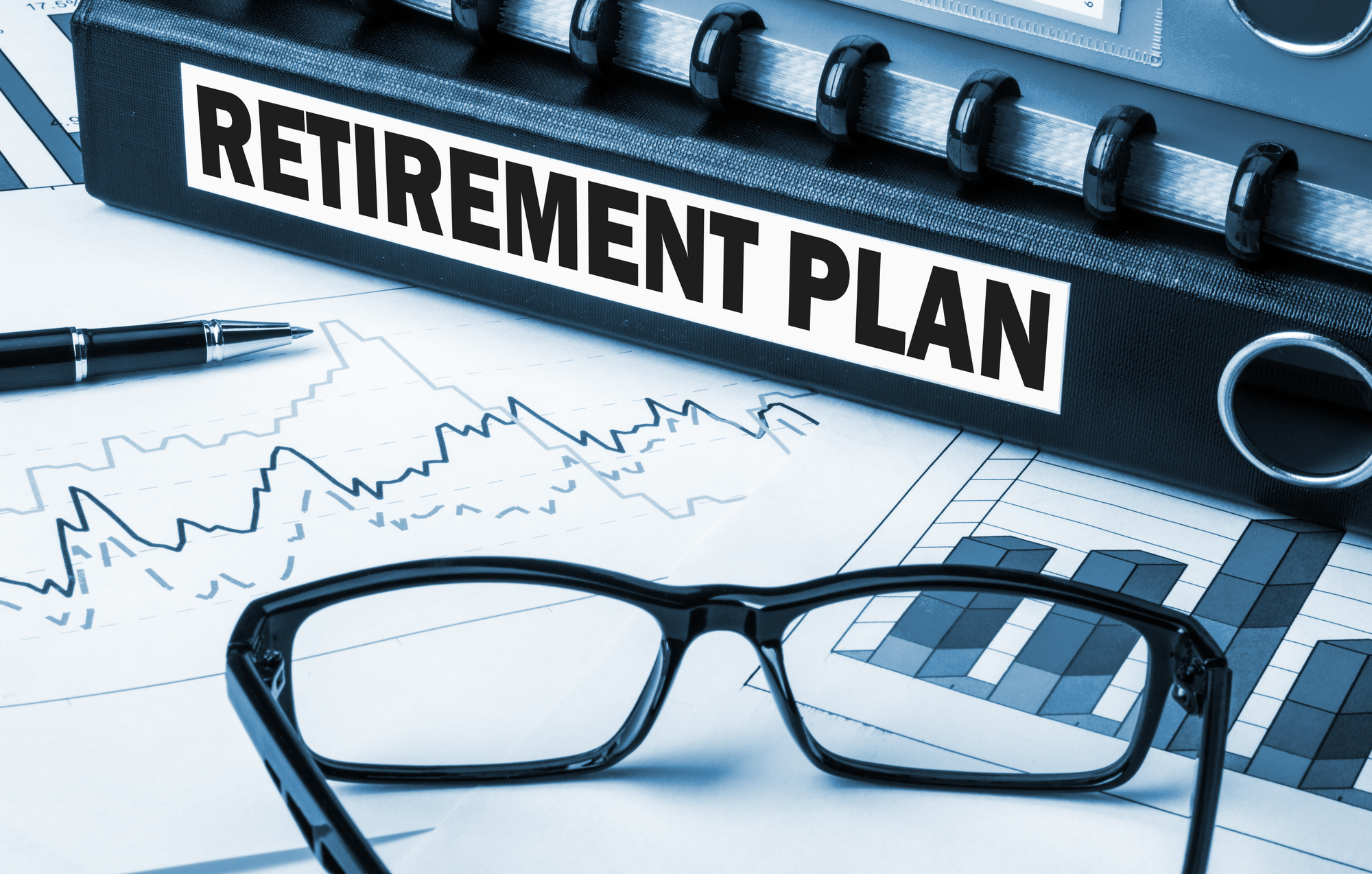Sometimes, you may wonder how your credit score changes over time. You may even ask yourself questions as to what things have you done and should be done to maintain your credit as high as possible. But whatever strategies you are doing now and plan to do in the future, you might get frustrated because your credit score is not increasing at all. Your stagnant credit score might be because of the fact that its calculation is complex that you cannot identify the exact reason why there is a decline in your credit.
If you want your credit score to increase, you must first identify the factors that affect it. Once you get a clearer picture of what goes into your credit score, it will be easier for you to determine which areas in your financial life should you improve. If your credit score is not increasing and you don’t know where to start, you can start by considering these things:
Table of Contents
- 1 1. Outstanding Credit/Loan Accounts Not Paid
- 2 2. Filing Of Bankruptcy/Credit Card Account Closed
- 3 3. Huge Amount of Debt
- 4 4. Excessive Credit Card Purchases
- 5 5. Errors in the Credit History and Report
- 6 6. New Credit Card Applications And Mix Of Accounts
- 7 7. Missing Out of Some Important Factors in Credit Scoring
1. Outstanding Credit/Loan Accounts Not Paid
When you are concerned on how to secure your credit score, start off by paying all of your monetary obligations on-time with amount higher than the minimal requirement. Look for other means which you can earn more to pa off any existing credits or loans. By doing this, you may prevent your accounts from being sent to a collection agency. A collection report may appear in your credit report once this situation happens and this will most likely cause a drop in your credit score. When you are negligent in paying your financial obligations, you can expect a decrease on your credit score which will be recorded in your credit report.
2. Filing Of Bankruptcy/Credit Card Account Closed
Filing for bankruptcy is considered as one of the last resorts in rehabilitating your credit score. However, this process is not that easy as you have to wait for years before your credit will be restored. When bankruptcy information hits your credit history, your credit score will be damaged. Once you have this information reflected in your credit history, chances are, your records will be compared to to other people who do not have any records of bankruptcy. And this might affect how you would earn your credit score over time. Make sure to read more information on bankruptcy before filing. This website(https://aaacreditguide.com/bankruptcy-on-your-credit-report/) is a great resource to give you and idea on what you would be dealing with. Additionally, credit card account closing may also cause your credit score to drop. If your credit card still has a balance and has been closed by the credit card issuer, it may have a negative effect on your credit score considering that your financial standing still needs to be improved.
3. Huge Amount of Debt
This is an obvious reason for your credit score not increasing. When you see your payment history and you found out that you still have a huge amount of debt to pay, your credit score may be in a critical situation. Proper management of debts is essential in keeping your credit score high. But this is not always the scenario for everyone. Having high credit card balances affects your credit utilization. It may be 100 or 200 points drop off from your credit score. Basically, your credit card has its corresponding limits but when your balance is so close to your maximum credit limit like your debt 30% of your limit, that maybe the key reasons why your credit score is not increasing at all. Thus, you have to work hard and do your best to keep your balances as low as possible. If you regularly do this, your credit will begin to progress.
4. Excessive Credit Card Purchases
When people are handling large sums of money they have to be careful not to over do their credit card spending. Too much credit card balances may also hurt your credit score; hence an increase is no longer applicable. These purchase may cause you to have high credit card accounts especially when you have huge purchases every month. These balances have an impact in your credit score. Hence, you have to begin paying down your balances immediately so your previous balance appears doesn’t your account and will also not affect our credit scores in the long run. Or better yet, you should have the discipline to control yourself to only purchase items which you can afford, and not solely depend on your credit card. These simple steps may be beneficial in rebuilding your credit score again.
5. Errors in the Credit History and Report
It is crucial to check your credit history to maintain a high credit score. If you are too busy with personal errands and forgot to examine your credit reports the moment you received it, you might not have any idea as to how your credit score performed for the last few months. As a result, you may not be able to spot any errors or wrongful information as soon as possible. But if you have noticed inaccuracies in your credit report, you have the liberty to clarify these to credit bureaus or you may ask assistance from a credit repair company to fix your credit. Make sure to select a legitimate credit repair service provider that can help you correct your credit score. This is basically the reason why it’s always a good method to regularly check your credit scores. Examining it thoroughly may be helpful in tracking your credit performance since there is a common consumer complaint to have errors on credit reports.
6. New Credit Card Applications And Mix Of Accounts
When dealing with new credit card applications, inquiry remains to be an integral part in your credit score. In fact, inquires will be noted in your credit report; thus, applying for a new credit card can affect your score. But if you only maintain one inquiry for a year, your credit score will begin to boost and will be rehabilitated. Additionally, how many times you apply for a new credit card can contribute negatively to your credit score. That is why maintaining one account is still best so that you may be able to properly manage your credit limits. A mix of accounts may also appear exciting as you get to have several loan installments and revolving account but acquiring this is not really helpful at all. This may just add harm to your credit, simply put too many applications could be the reason why your credit score is not increasing.
7. Missing Out of Some Important Factors in Credit Scoring
In building your financial health, certain relevant factors in credit scoring come into play. Aside from on-date debt payment, there are also things that you may possibly miss in enhancing your credit score. Having an old credit card account is good for your credit score because your credit age has already been established. The length of your credit history escalates your credit so retaining your old account is a good option to improve your credit score.
You may be thinking why your credit is still low despite all the efforts of paying your monetary duties on time. You don’t have to despair anymore because this article was able to give you the key reasons why your credit score is not increasing. You now have an idea on where and how you should start working on your credit score. No matter what approach you might apply in this process, remember that sound financial planning and management will help in making sure that your credit score is always on track.







